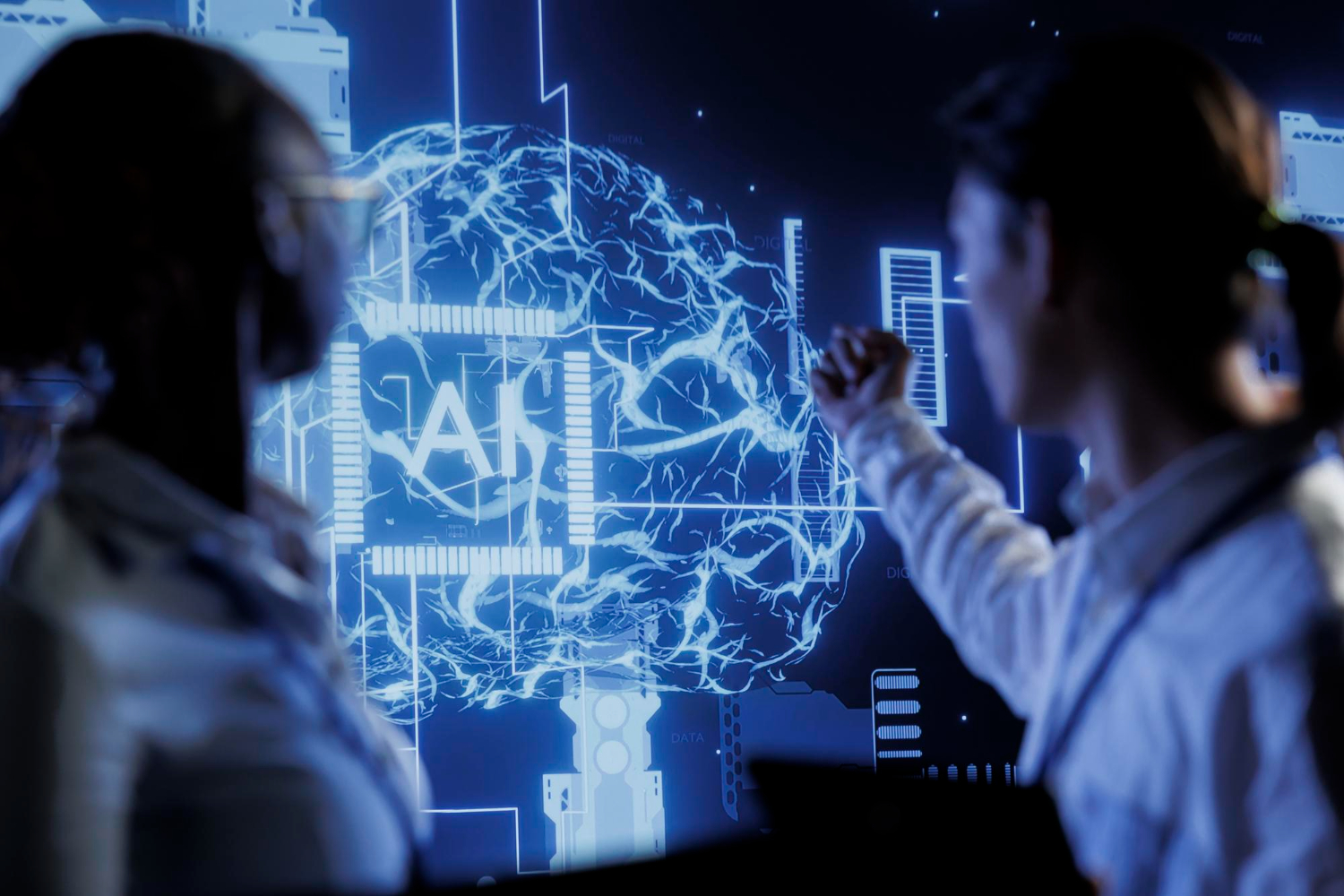The work landscape is rapidly evolving, driven by technological advancements, with artificial intelligence (AI) at the forefront. Once a futuristic concept, AI is now seamlessly integrated into various industries, transforming how we operate daily.
This integration presents exciting opportunities and complex challenges, particularly regarding collaboration and ethical considerations. Understanding how humans and AI can work together effectively is crucial for navigating this new era. Let’s explore the synergy between human intelligence and AI and examine the ethical implications of this transformation.

The Synergy of Human and AI: Enhancing Productivity and Innovation
The power of AI lies in its ability to automate repetitive tasks, analyze vast datasets, and generate insights that would be nearly impossible for humans to achieve alone. As a result, human workers can focus on more complex, creative, and strategic aspects of their roles.
For instance, in customer service, AI-powered chatbots handle routine inquiries, freeing up human agents to address more intricate customer concerns. AI algorithms help businesses identify patterns and trends, enabling faster, data-driven decision-making.
This collaborative approach not only boosts productivity but also drives innovation. Companies can develop groundbreaking solutions and push industries forward by combining AI’s analytical prowess with human creativity and critical thinking.
Consider the medical field, where AI assists in diagnosing diseases by analyzing medical images. However, doctors use their expertise to interpret these findings and develop personalized treatment plans. This synergy exemplifies how AI and human intelligence can complement each other, achieving results neither could accomplish alone.
Preparing for the Future: Developing AI-Related Skills
As AI becomes more prevalent in the workforce, individuals must develop the skills to work alongside these technologies. It’s not about becoming an AI specialist but learning how to use AI tools and platforms efficiently. Key skills include data literacy, critical thinking, and adaptability.
Data literacy—understanding and interpreting data—is essential for working with AI-generated insights. Critical thinking is crucial for evaluating AI outputs and making informed decisions. The evolving AI environment requires workers to continuously learn and adapt by adopting new technologies.
Moreover, ethical considerations should be a core component of skill development. Understanding potential biases in AI algorithms and the importance of data privacy is fundamental for responsible AI implementation. Companies should invest in training programs that equip employees with the technical skills and ethical awareness needed to thrive in an AI-driven workplace.
Additionally, fostering collaboration skills is essential. Effective teamwork requires clear communication between humans and AI, with an understanding of each other’s capabilities and limitations, to achieve seamless collaboration.
In summary, integrating AI into the workforce presents both opportunities and challenges. By fostering collaboration between humans and AI while addressing ethical concerns, we can create a future where technology enhances productivity and innovation while upholding human values.
Ready to explore how AI can transform your career or business? Visit Balor Jobs today to discover resources and opportunities in the evolving world of work!
Instagram: @balorjobs
Facebook: Balor Jobs
LinkedIn: Balor Jobs
